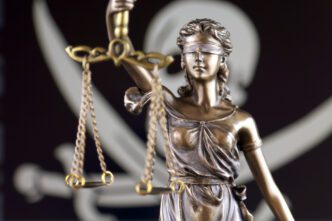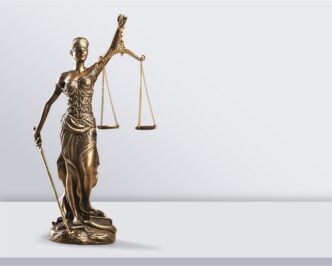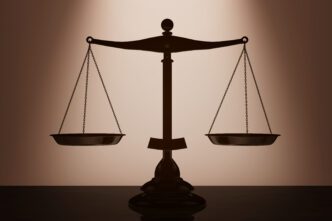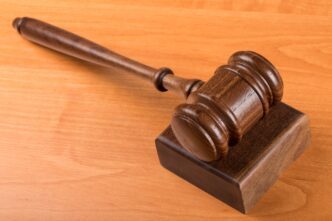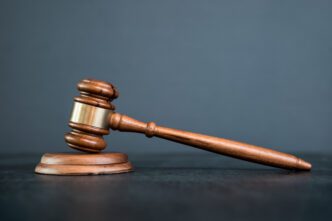Executive Summary
- Iraqis voted in their sixth parliamentary election since 2003, with an estimated turnout of 55 percent to elect 329 representatives.
- Initial results show a strong performance for incumbent Prime Minister Mohammed Shia al Sudani’s party, alongside significant gains by pro-Iranian factions.
- The election coincided with high-level talks between U.S. and Iraqi officials to redefine their long-term security and counterterrorism cooperation.
- Political blocs connected to U.S.-sanctioned militias, including Asaib Ahl al Haq and Kataib Hezbollah, reportedly won seats in the parliament.
Iraqis went to the polls on November 11 for the country’s sixth parliamentary election since 2003, a significant political event that unfolded amid high-level security discussions with the United States and persistent concerns about Iranian influence. The vote, which saw an estimated 55 percent turnout from over 21 million registered voters, aimed to fill 329 seats in the Council of Representatives from a field of approximately 7,700 candidates.
Initial results suggest a strong showing for the party of incumbent Prime Minister Mohammed Shia al Sudani, who is expected to seek a second term. His Reconstruction and Development party performed well in Baghdad, reportedly securing 15 of the capital’s 71 seats. However, pro-Iranian factions also demonstrated significant political strength. A bloc led by former Prime Minister Nouri al Maliki, who is considered pro-Iranian, won 11 seats in Baghdad.
Other groups with ties to Iran, including the Sadiqun bloc of the U.S.-sanctioned Asaib Ahl al Haq militia and the Badr Organization, also secured parliamentary seats. Notably, the political wing of Kataib Hezbollah, another U.S.-designated terrorist group, reportedly received one seat. In the north, the Kurdistan Democratic Party (KDP) and the Patriotic Union of Kurdistan (PUK) performed well in the autonomous Kurdistan region and contested areas like Kirkuk and Nineveh.
The election took place just days after senior U.S. officials met with their Iraqi counterparts in Baghdad to discuss the future of their bilateral security relationship. The talks focused on transitioning the U.S.-led anti-Islamic State mission, Operation Inherent Resolve, toward a long-term security cooperation agreement. A phone call between Iraqi Defense Minister Thabet al Abbasi and U.S. Secretary of War Pete Hegseth reportedly included a U.S. caution against interference in the election by Iraqi factions.
The election’s outcome is being closely monitored by regional and international powers, particularly Iran and the United States, as the results will shape the political landscape of Iraq. It is important to note that many of the political factions are linked to armed groups, and accusations of malign activities have been directed at some of the winning parties. All individuals and organizations are presumed innocent of criminal wrongdoing until proven guilty in a court of law.

